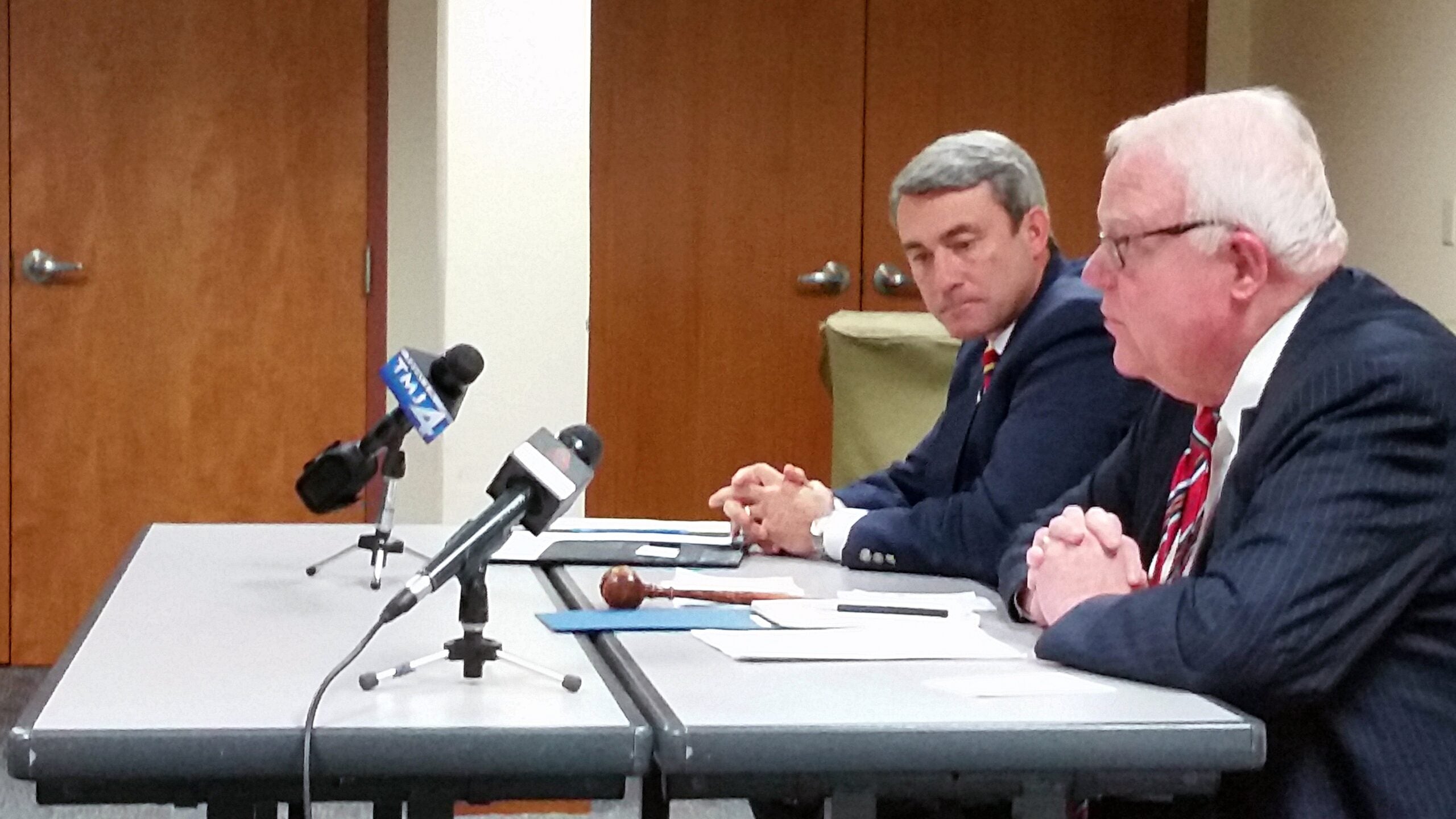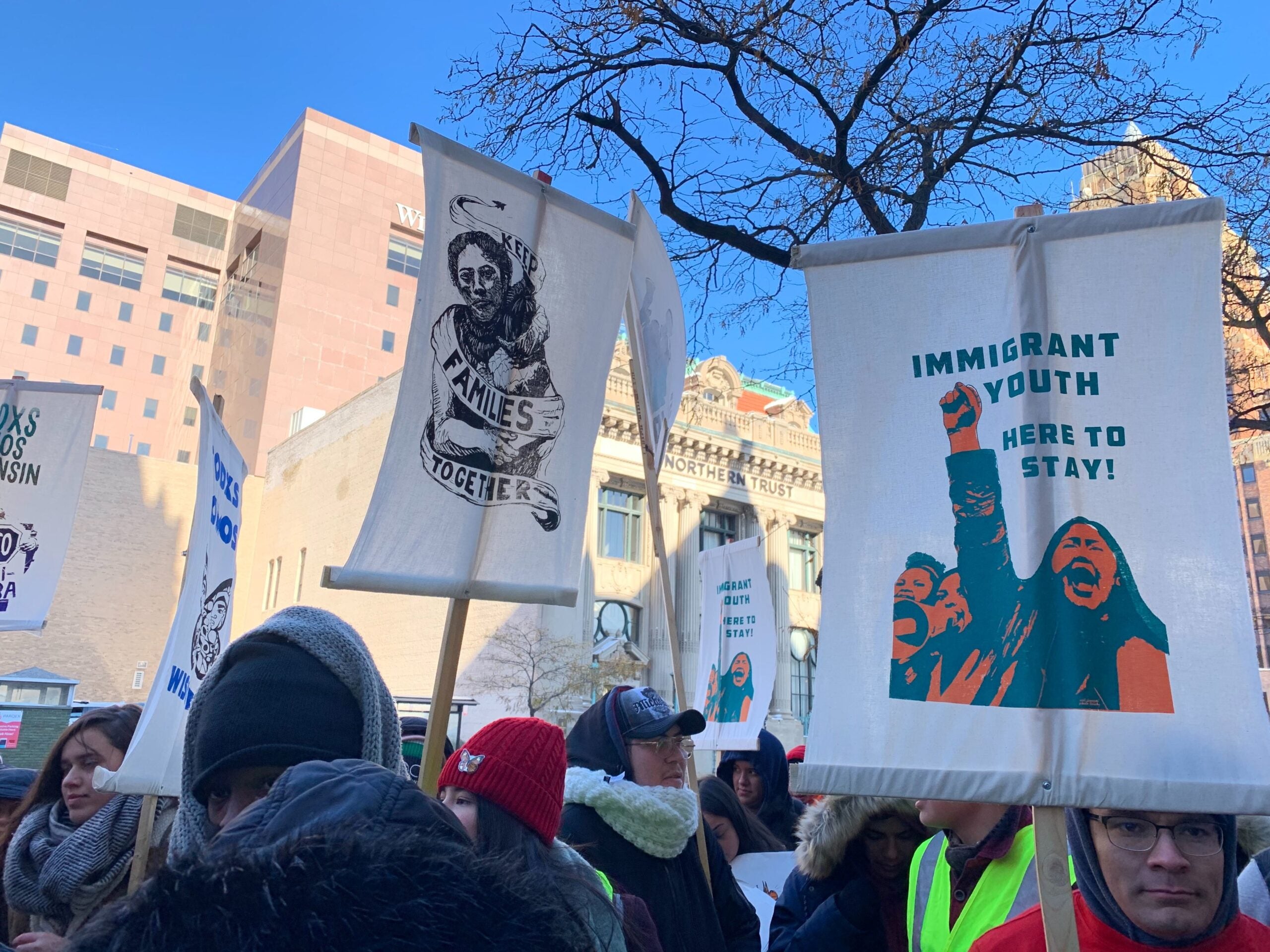U.S. Rep. Jim Sensenbrenner has been a long-time critic of illegal immigration, but now he says he would like to see an exception made for youth involved in the Obama-era Deferred Action for Childhood Arrivals, or DACA, program.
Sensenbrenner is on a congressional task force looking into a potential compromise over President Donald Trump’s plan to end DACA by spring.
There are roughly 800,000 children living in the country who have received DACA benefits.
News with a little more humanity
WPR’s “Wisconsin Today” newsletter keeps you connected to the state you love without feeling overwhelmed. No paywall. No agenda. No corporate filter.
The suburban Milwaukee Republican told a recent forum that he hopes the young people who have been protected from deportation by DACA are allowed to stay.
“It is my hope that we will do something to allow the DACA kids to stay in the country,” he said. “The details on that are subject to debate that is going on.”
But Sensenbrenner said in return, DACA supporters need to drop their dislike for more border security, such as a wall.
“If people take that position, I guess they’re putting their opposition to the wall ahead of trying to do something for the DACA kids. I want to do something for the DACA kids,” Sensenbrenner said.
The congressman said that his stance reflects the current political realities in Washington, D.C.
“We need to get the signature of the president of the United States. Now, what that means is that there is going to have to be compromise by everyone concerned on this. Everyone is going to have to step back a little bit,” he said. “If we gridlock on this and nothing is passed, in the middle of March, the 800,000 DACA kids will be deportable. Now, that’s not to say they will be rounded up and sent back to where they came from immediately, but they will be deportable.”
Told of Sensenbrenner’s remarks, Valeria Ruiz Lira, a DACA enrollee from Racine, said the wall would be too costly.
“They want to have taxpayers like myself and like my parents and others pay for the wall, but yet there are public schools losing art programs, music classes and sports money — all these things that help siblings of DACA recipients cope,” Ruiz Lira said.
Ruiz Lira also said a bigger wall would just allow guides for those crossing the border illegally to charge more money. She calls for a so-called “clean DREAM act” that would make protection from deportation permanent.
Wisconsin Public Radio, © Copyright 2025, Board of Regents of the University of Wisconsin System and Wisconsin Educational Communications Board.




